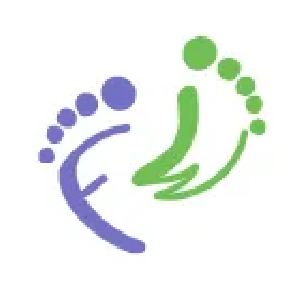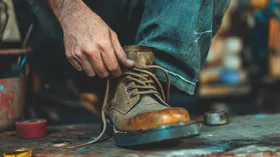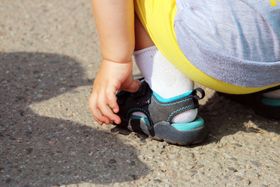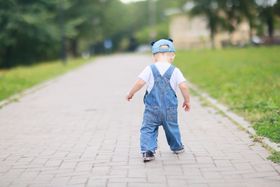Dealing With Pigeon Toes: Tips for Parents and Caregivers
Published October 2, 2023.
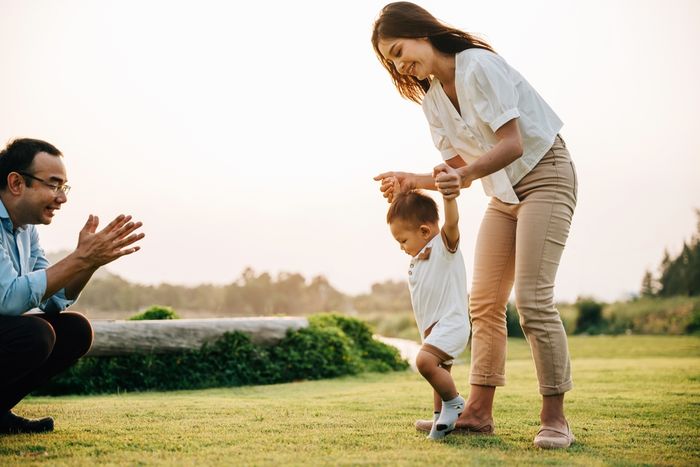
Watching your child take their first steps is a momentous occasion for any parent. But what happens when those steps turn inward? Pigeon toes, also known as in-toeing, can concern many parents.
This article offers guidance on managing and seeking treatment for this condition by delving into the intricacies of in-toeing and its causes.
» Get your kid excited about wearing shoes
Understanding Pigeon Toes
Pigeon toes manifest as an inward turning of the legs, which you can notice when your kid walks or runs. Most children outgrow it without treatment, but severe cases may require professional medical advice.
What Causes Pigeon Toes?
The causes of pigeon toes can vary, but they generally appear with three main conditions:
- Metatarsus Adductus: This foot deformity causes the forefoot to bend inwards at birth or shortly after. Factors like breech presentation during delivery, insufficient amniotic fluid, and a family history of the condition may cause it.
- Inward Tibial Torsion: This condition arises when one or both legs turn inward due to the same rotation of the tibia, giving the knees a bowed appearance.
- Femoral Anteversion: This condition may appear when the knee turns inwards relative to the hip due to an inward rotation of the thigh bone.
» Learn about your baby's leg development
Contributing Factors
There are no specific habits or activities that can be predisposing factors to pigeon toes, but maintaining optimal foot health is beneficial.
Footwear Choices
Choosing the proper footwear is crucial for children with pigeon toes. Shoes that offer comfort, support, and proper alignment are ideal. Shoes with custom orthotics can help your kid's foot alignment.
Pigeon Toes Correction Shoes
Orthopaedic shoes provide adequate support in the midfoot region and prevent excessive pressure or friction. Depending on the severity of the condition, your kid can use them alongside other treatments and therapies, such as casts or surgery.
» Check out our list of the best shock-absorbing shoes for kids
When To Seek Professional Advice
You should monitor the condition and seek professional advice if the in-toeing becomes extremely painful, hinders walking, or causes frequent falls. The resolution timeline for the condition depends on the underlying cause.
For example:
- Metatarsus Varus resolves by age two.
- Tibial Torsion requires monitoring till age five
- Femoral Anteversion may continue until age eleven
Exercises for Pigeon-Toed Children
There's no specific research supporting the efficacy of exercises in treating in-toeing quicker.
Some exercises like toe curls and penguin walks may be helpful. You should align their frequency with the child's natural growth and development curve.
Nurturing Healthy Steps
Monitoring the progression of pigeon toes and seeking professional advice can ensure the well-being and comfort of your child. You can help your kid manage in-toeing effectively through appropriate footwear choices and exercises.
Explore First Walkers' shoe collections, offering unparalleled comfort and top-notch quality. These shoes are stylish additions to your child's wardrobe and are eco-friendly.
